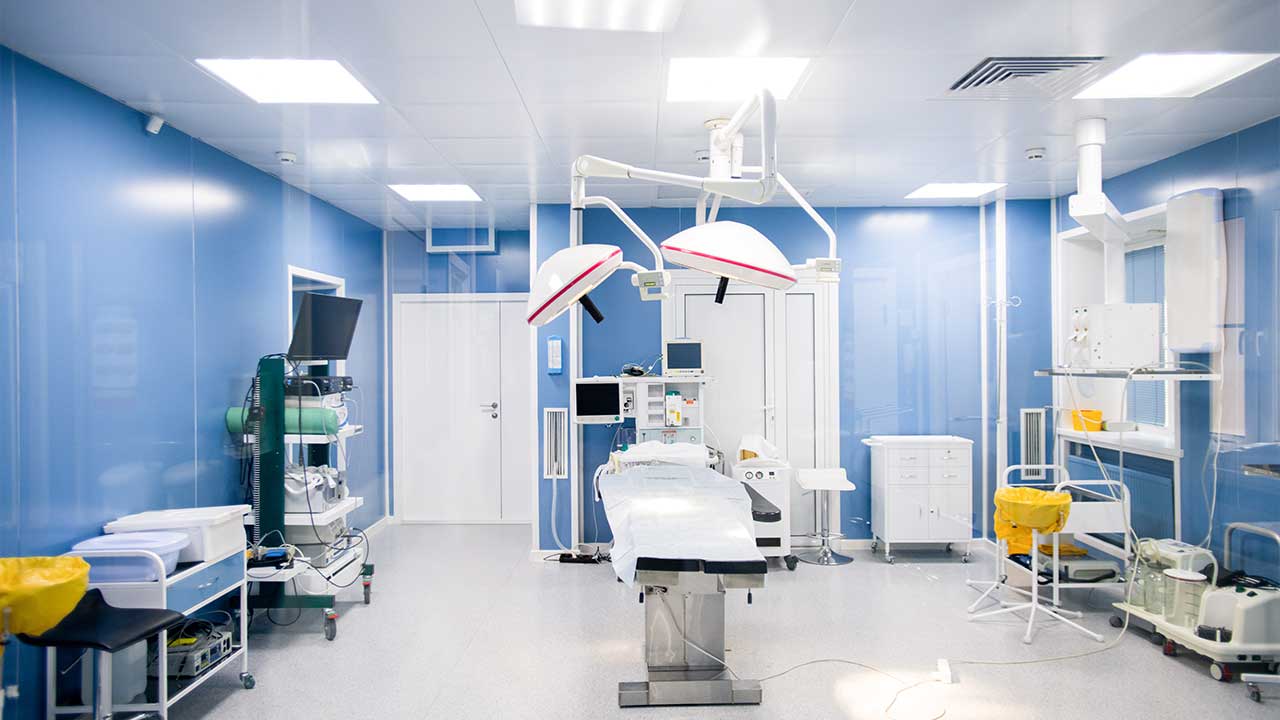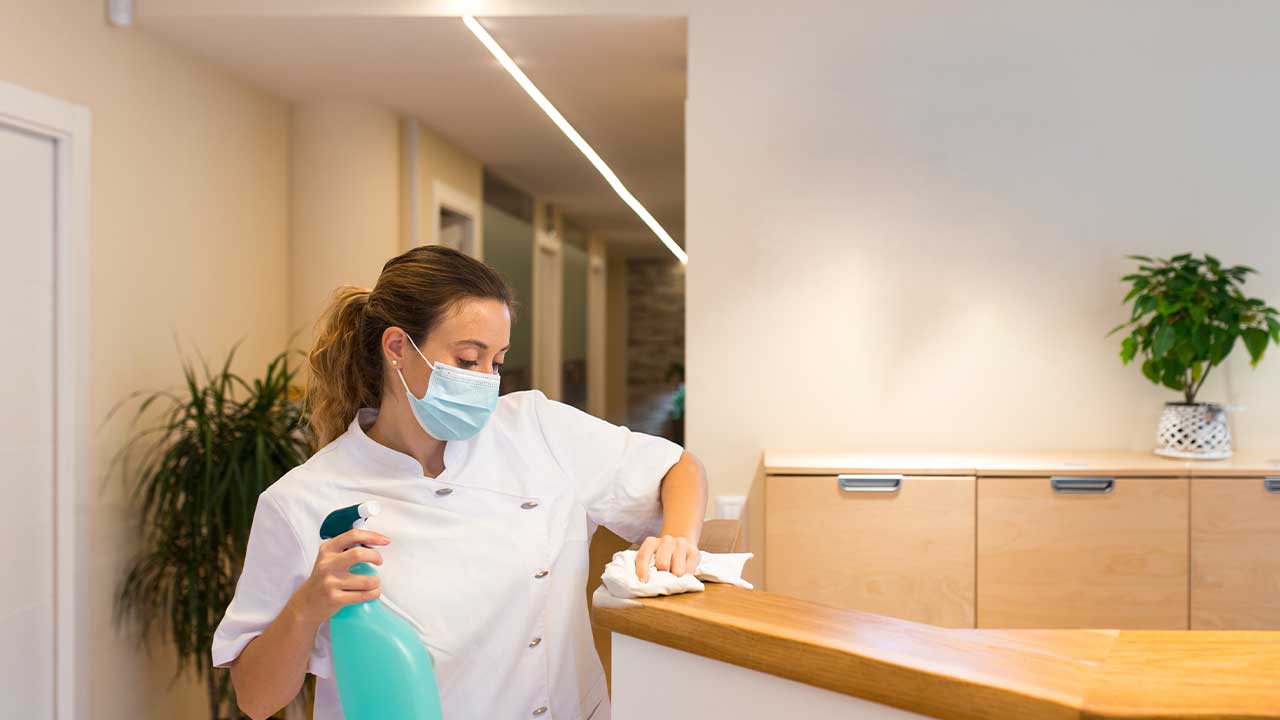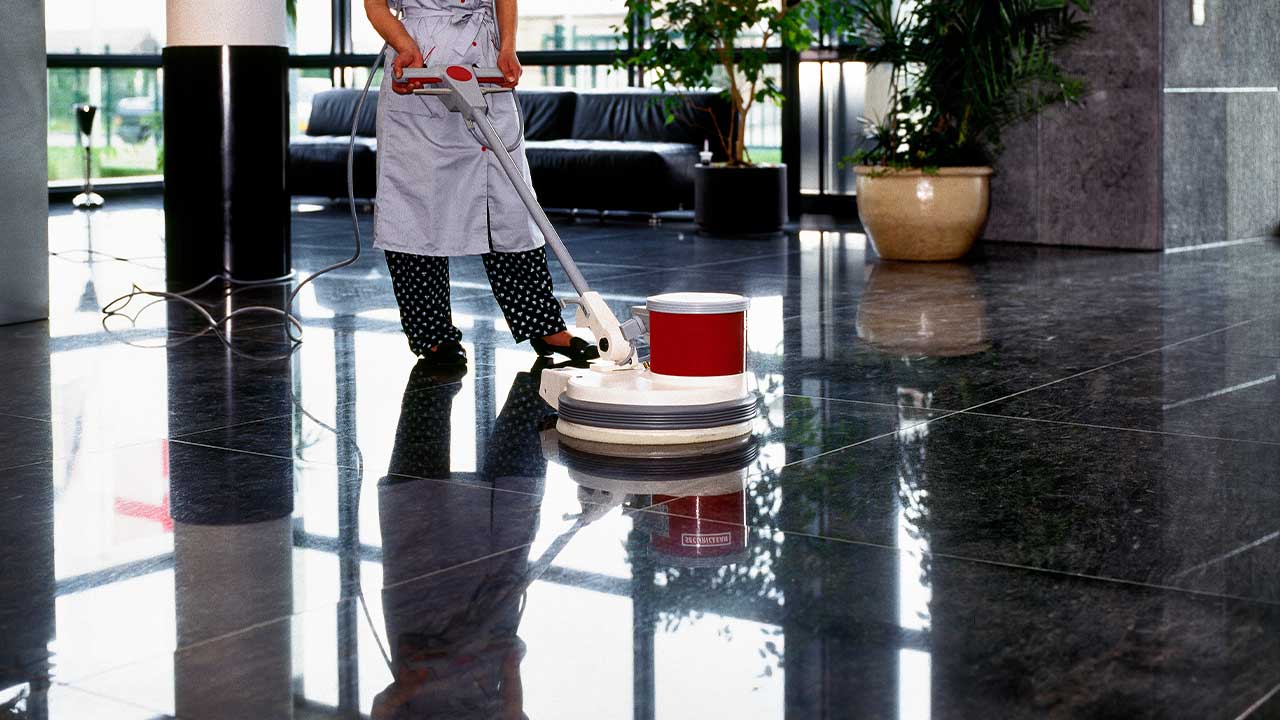One of the critical areas in a healthcare facility is the operating room, thus making surgery centre cleaning a requirement. Operating rooms should be clean environments that ensure safety for patients throughout the process. It is well known that the OR needs to be cleaned before and following every procedure. Doctors need the OR to be a sterile, safe, and secure environment. Unknown to us some areas may get left out. That is why it is essential to be thorough and aware of getting rid of all dust, dirt, and other pathogens found in a surgery centre. After all, health care centers are centered around the needs of patients and keeping them safe.
WHY?
As a surgery centre, one must adhere to strict guidelines and codes of conduct to protect patients and employees. Your patients should be comfortable and feel at ease without worrying about whether they’ve made the right choice by choosing you for their procedures.
One cannot eliminate infections and viruses; however, healthcare facilities have to be particularly vigilant in controlling these. In a medical centre, the risk of cross-contamination is high. For those who are sick, this can be dangerous. Cross-contamination in healthcare environments can put employees and patients at risk. Therefore, it’s essential to follow cleaning procedures that effectively reduce the risk of cross-contamination, most specifically in an operating room.
Surfaces that are high touch areas in an OR include:
- Operating tools and equipment
- Operating table
- Handwashing stations
- Doors
- Trolleys, tables, stools
- Hand sanitizer dispensers

HOW?
As a surgery centre owner, it is your responsibility to ensure a clean and sterile environment. You can achieve this by using the right tools to clean the operating room or outsourcing the cleaning to a professional cleaning service. Your staff, too, can contribute by following safe, hygienic practices.
Tools and Products to Use
A clean, disinfected, and sterile space is essential. These products eliminate harmful bacteria and stop any further contamination in operating rooms. It would be best to gear yourself with the proper cleaning equipment for the task at hand.
-
Microfiber Cloth
A microfiber cloth does a superior job of getting rid of dirt and debris than conventional cleaning materials. The combination of clean water, commercial detergent, and a microfiber cloth are perfect for the everyday cleaning of surfaces.

-
Hospital Grade Disinfectants
Once a surface or item is clear of objects, it is time to clean. Hospitals should use disinfectants that are hospital grade to prevent the spread of germs. These cleaning solutions are more effective than household cleaners and ensure proper disinfection.
-
Alcohol-based Hand Sanitizers
Keeping alcohol-based sanitizers readily available throughout your health facility will help stop the transmission of bacteria. It will also encourage good hand sanitization practices.
-
Gloves and Masks
When entering an operating theatre, it is the norm to be wearing proper personal protective equipment. A sterile environment is critical for surgical procedures; therefore, it is best to wear masks and gloves when cleaning an OR. These can protect the cleaning staff from coming into contact with any biohazardous substances and other germs that may be lying around.
- Remember!
It is not only essential to have the appropriate equipment; one must keep the dirty and clean supplies away from each other. Adhering to proper laundry practices is crucial to reducing cross-contamination within the premises.
Professional Cleaning Service
It’s advised that healthcare facilities work with an experienced cleaner that understands and knows how to clean surgery centres. As experts, they use the proper preventative methods and hospital-grade disinfectants. Helping reduce the spread of bacteria between your staff and patients. There’s no space for compromise. ORs are highly susceptible to the spread of infections. You need highly skilled and experienced cleaning experts to ensure a clean facility that protects everyone.
Another great reason to hire professional cleaners is that they can offer personalized services according to your needs and dates. Star Shining Facility Solutions is Melbourne’s leading healthcare cleaners. They are adaptable, thorough, and easy to work with while catering to your requirements.
How can staff contribute?
Another way to keep your surgery centre clean and up to standards is by working with the staff and adhering to sanitization practices. This is a simple step that requires minimum effort from your team but is a powerful way of combatting the spread of germs. Encouraging proper hand hygiene among the staff is a basic yet crucial element to prevent cross-contamination in health facilities. The appropriate hand hygiene process consists of only a few simple steps:
- Wash hands thoroughly with water.
- Apply soap, lather, and rub vigorously for about 20 seconds.
- Be aware of all surfaces of your hands, including fingernails- be sure to scrub well.
- Wash and rinse your hands.
- Finally, dry your hands using a clean and dry cloth, air dryer, or a disposable towel.
The simple act of good personal hand hygiene can go a long way in adding to the health and safety of your patients and staff.
WHAT AREAS MIGHT YOU MISS WHEN CLEANING?
We have looked at why and how a surgery centre needs cleaning. However, there are also certain places that we tend to miss when cleaning a surgery centre. Let’s look at a few places that one needs to tackle to reduce the chance of infection.
- Biohazard Waste Disposal Bins
The biohazard disposal bins in your operating room let you eliminate biohazardous materials securely and properly. Yet, even if the waste is appropriately bagged and disposed of, the trashcan could become a source of germs. Be sure to clean all biohazard containers and disposal bins to guarantee that not even a little bit of medical waste is trapped and left behind. While handling these containers and trashcans, remember to ensure that the staff wears appropriate personal protective equipment. As always, gloves and a mask are your best tool.

- Floors
Surfaces such as the operating table could be the most germ-prone areas within the OR; however, the floors aren’t that far from the picture. Fluids from the body and other substances may get dropped on the floor after a procedure and require prompt cleaning. When cleaning floors, it is advised to use approved disinfectants and detergents to remove bodily fluids and blood from the floor.
- Ceiling
It’s easy to think that the ceiling of your OR will always remain clean and tidy. However, the ceiling is an area that is susceptible to dust, bacteria, and other buildups. The accumulation of debris could eventually fall and pose a significant health risk during the procedure. Reduce the danger by regularly cleaning your ceiling (including the lighting fixture) in the operating room. Utilize a microfiber cloth to clean away dust. Also, examine the ceiling for areas that require more intense cleaning and disinfection.
- Cabinets
It is a frequent practice that you will clean the exterior of the cabinets found in the operating room. But remember, you should not forget the inside where there are germs as well (Think of the number of hands that reach into the cabinets during a particular procedure.) Make sure to clean the cabinets’ shelves, handles, and contents to limit any spread of hazardous substances both during and after the operation.
- Behind and Under Equipment
After surgery, it is common to wipe down and clean the furniture and equipment such as carts, tables, and stools to eliminate bacteria. It’s equally essential to move these items to allow you to clean behind and under them. Dust and debris have a way of gathering in the forgotten corners and beneath equipment, where they could result in breeding germs if overlooked. Take the furniture and equipment away from the wall so that you can clean and sweep the dirt and debris that may be blocked. Make sure to clean the items properly to remove any buildup. When cleaning, you need to consider every single space in the OR.
CONCLUSION!
You do everything you can to ensure that your patients are protected and healthy. That is a part of the service you give as a surgery centre. With the right products, efficient staff, and a good cleaning company, the task of disinfecting and cleaning an operating room is that much easier.

